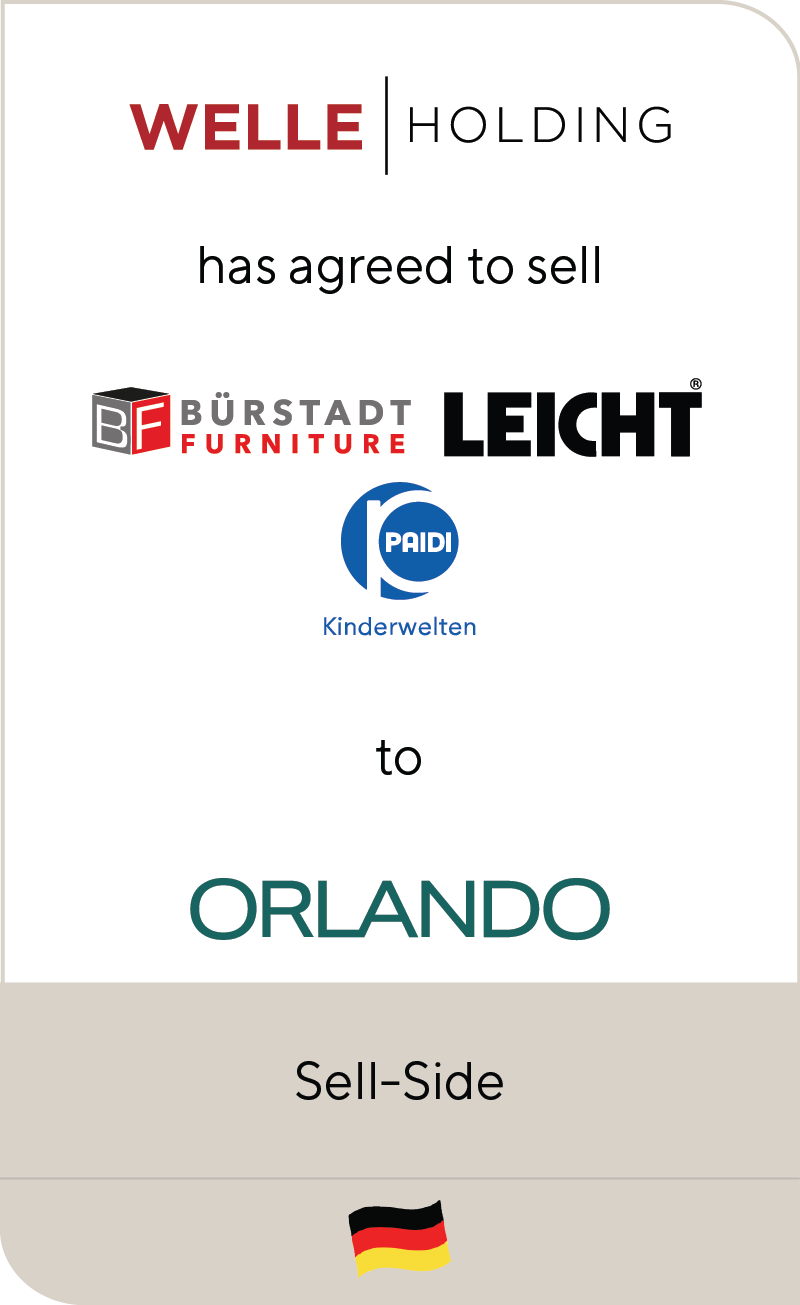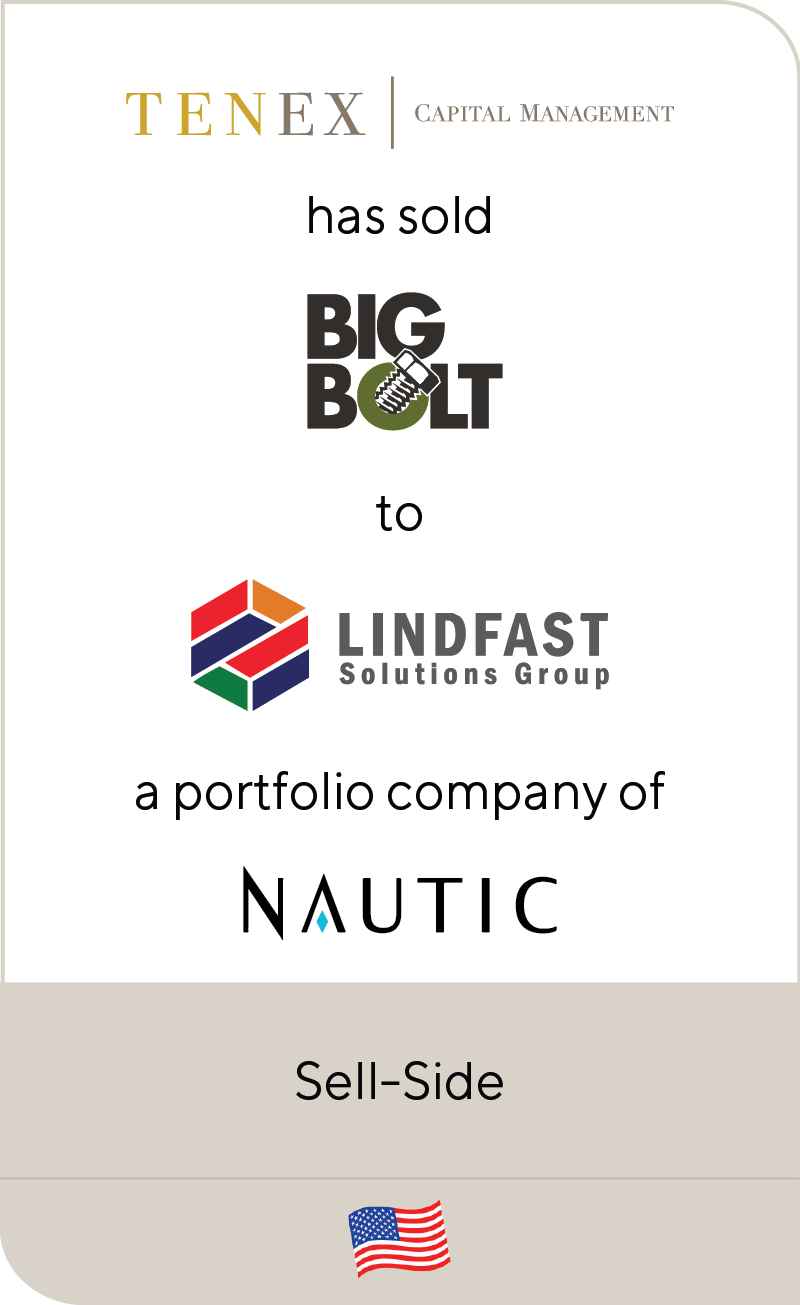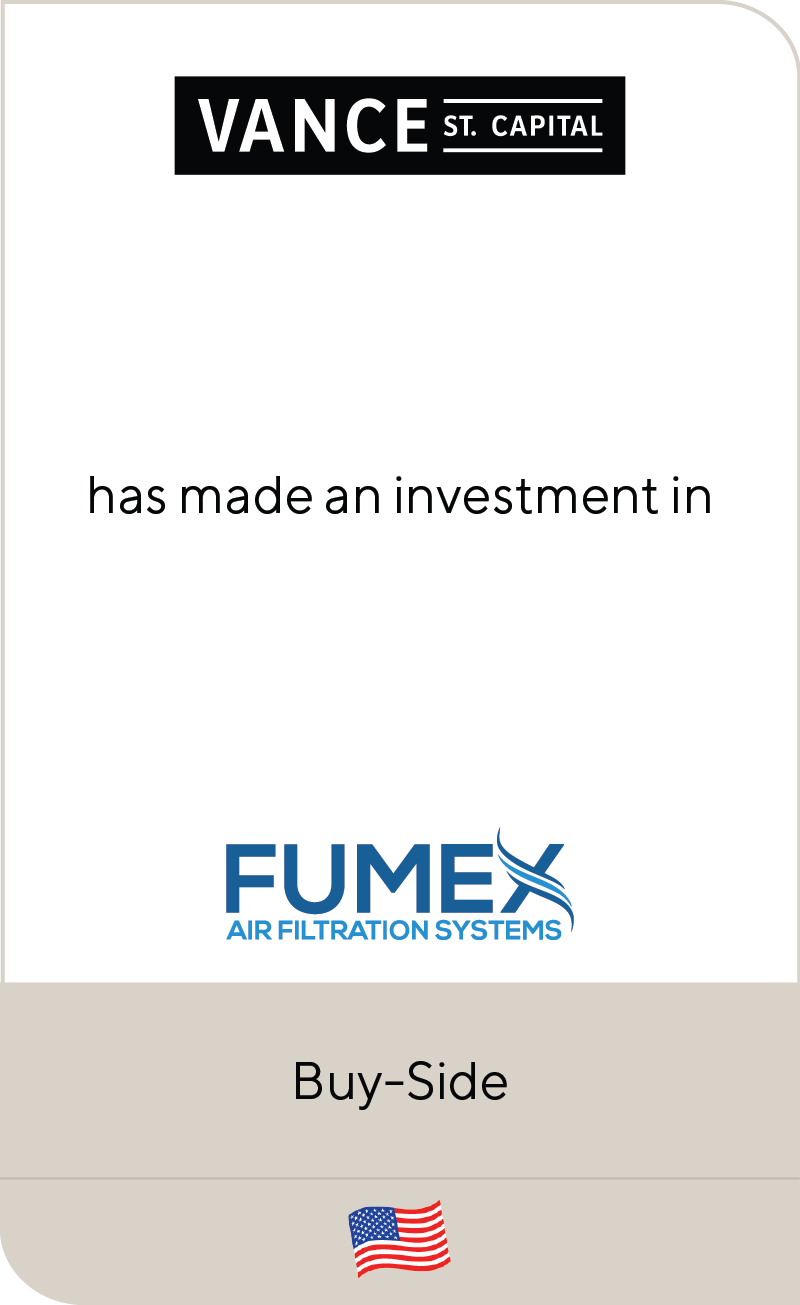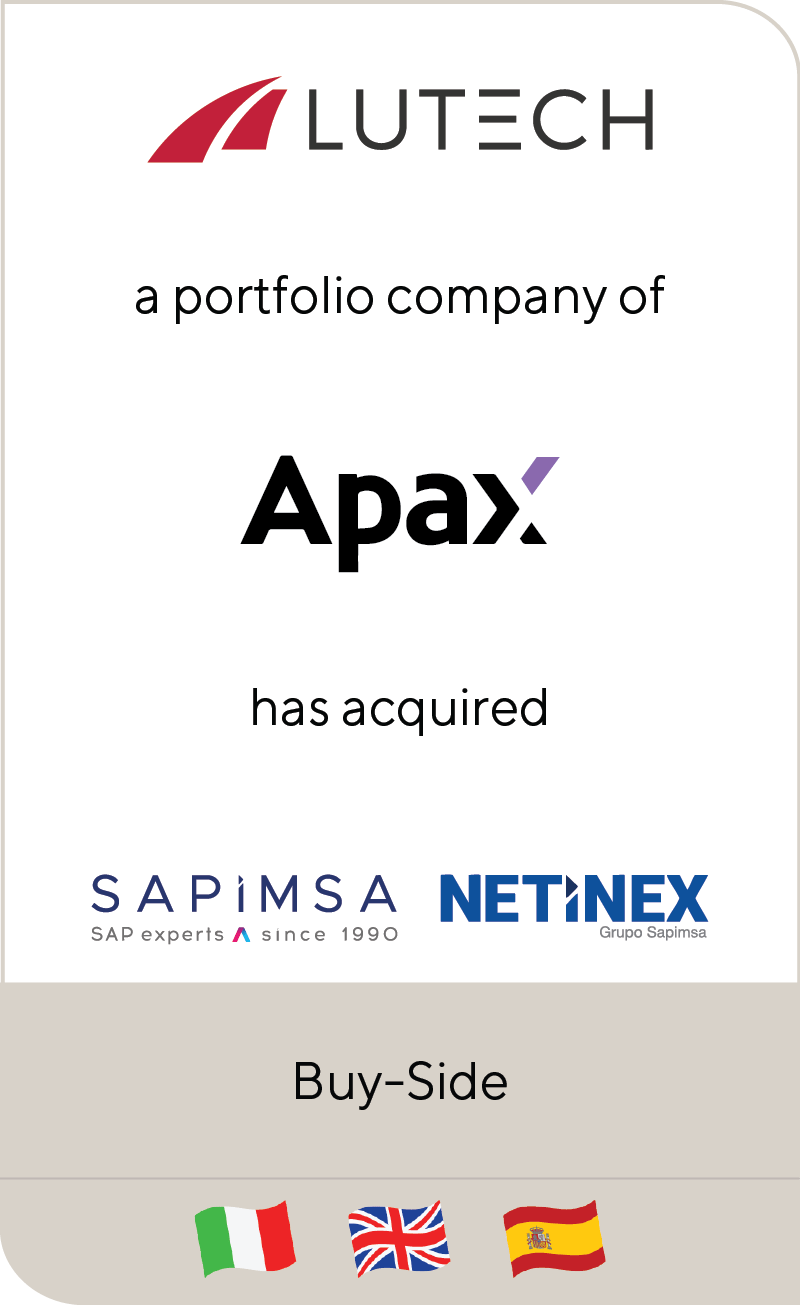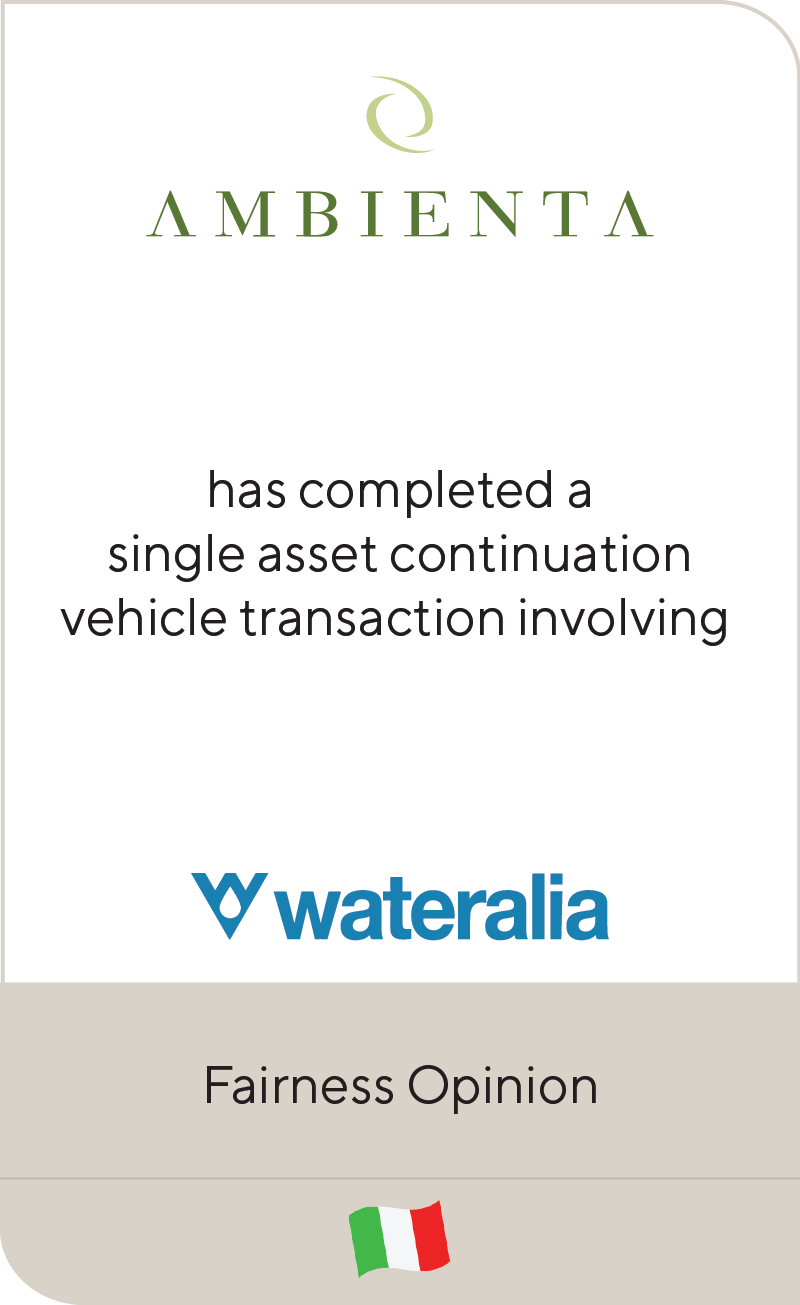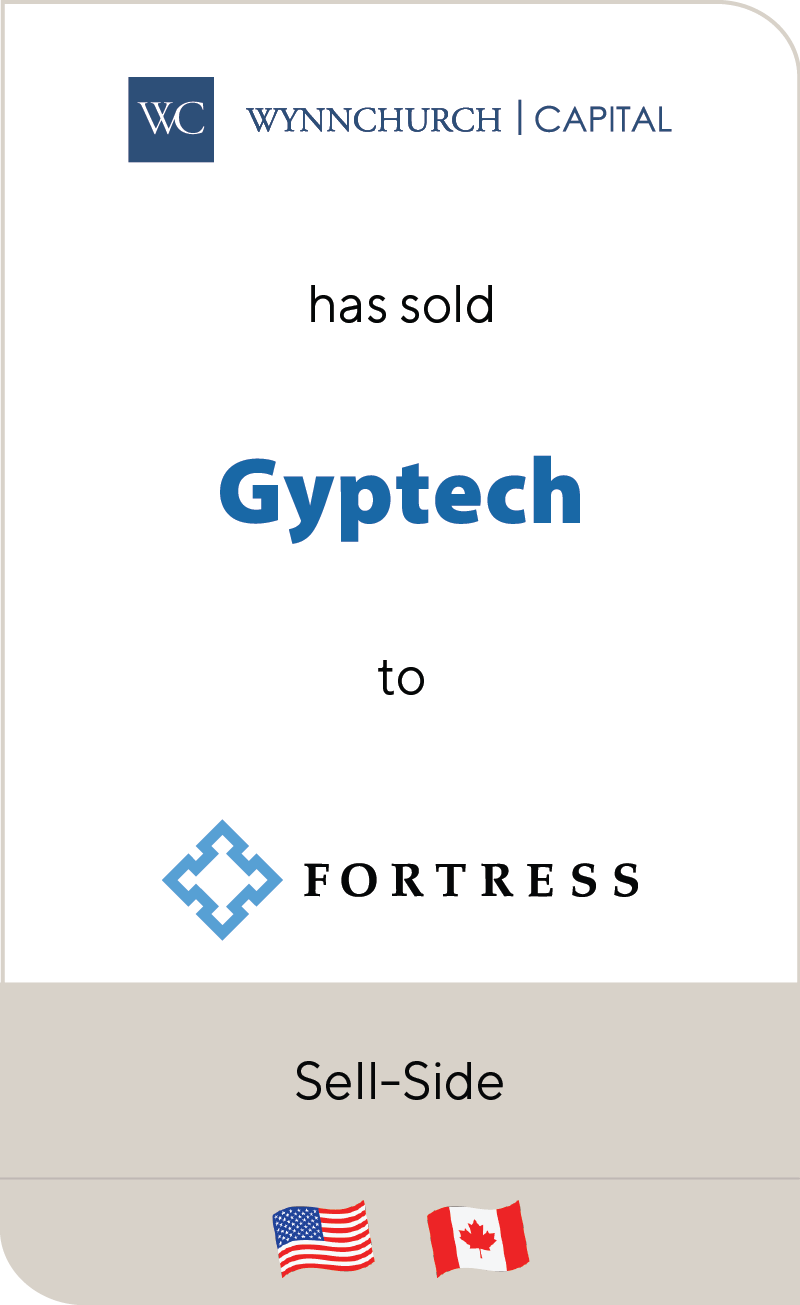Halftime Report: How Dealmakers Can Make the Most of H2 2021
Jul 2021
| As global economies reopen post-pandemic, the investing community is busier than ever. Looking ahead to the second half of 2021, this is a prime moment for deals to get done. What dynamics will the middle market contend with through the remainder of the year? |
Summary
-
Lincoln International looks ahead to the second half of 2021 to discuss the dynamics in the middle market for the remainder of the year.
- Click here to download a printable version of this perspective.
- Sign up to receive Lincoln's perspectives
Robust Levels of M&A & Heightened Valuations Sustain Through End-of-Year
Midway through 2021, markets are at all-time highs while interest rates hold at all-time lows. The supply-demand imbalance persists in M&A markets with more capital looking to be put to work than available quality businesses.
Anticipating an increase in capital gains tax in 2022, investors are racing to close deals this year. Yet many companies waited to launch an M&A process until Q3 2021 to ensure the disruptions of Q2 2020 are not included in the last twelve months financial metrics to present more normalized performance.
Government stimulus and pent-up consumer demand continues to buoy many companies during the economic recovery, leading to strong business fundamentals.
This convergence of factors creates optimal conditions for driving higher valuations across sectors, including the key sectors of industrials and consumer that were highly impacted by the pandemic but are now rebounding in compelling ways. Lincoln expects businesses to continue to perform well and fetch high multiples in H2.
Business Growth Hinges on Evolving Employment Situation
Though the COVID-19 recovery is well underway and consumer spending is roaring back, businesses in the U.S. are facing a salient challenge: a labor shortage across industries. A number of factors are influencing the struggle among companies to incentivize workers to return to their ranks: pandemic-induced federal unemployment benefits are taking the place of an income stream for individuals, childcare challenges persist, and the public continues to worry about staying healthy in the aftermath of the pandemic.
At the end of last quarter, the number of job applications was down 13% from pre-pandemic levels. Meanwhile, companies are facing unprecedented levels of departures as employees who stayed put during COVID-19 feel overdue for their next professional chapter.
The ability to grow headcount remains a critical goal for any business looking to scale its operations and capitalize on current economic momentum, and some business leaders are adjusting their growth plans due to lack of appropriate staffing. The labor shortages are anticipated to ease in coming months, but businesses are attempting to hire more rapidly than potential employees are applying for open roles.
As COVID-19-era unemployment benefits begin expiring this July, investors will keep their eyes trained on the jobs numbers to glean insight into the pace of the continued economic recovery—and the ability of companies to grow to meet demand.
This challenge is likewise playing out in pockets of the M&A universe where the high level of deal activity has investment banks, law firms, market research providers and other advisors striving to keep pace.
Relationships with Investors Prove More Important Than Ever Before
As investors work in overdrive to complete deals by year-end, they are picking their spots more carefully and making offers only on the businesses they are most interested in. As a result, companies may receive fewer, but higher quality bids. In some ways, the current market dynamics are separating the strongest, most motivated buyers from the pack. With fewer but more compelling bids coming in the door, engaging with an advisor who understands your company thesis and can make connections with the best prospective buyers is critical.
At the same time, the industry is rapidly reincorporating in-person deal processes. Though we will continue to see hybrid in-person and tech-enabled due diligence, investor management teams and company owners are looking to make live connections before closing a deal. In the near-term, foreign buyers may be at a disadvantage as pandemic travel restrictions restrict the ability to meet in-person—unless they can beat out local buyers with materially higher value.
Contributor

My goal is to inspire and motivate our people to make a true impact with their clients, their colleagues and their communities.
Robert Brown
CEO | Managing Director | GP-Director
ChicagoMeet Professionals with Complementary Expertise

I am a rigorous advocate for my clients with a hands-on, communicative approach, focused on delivering intense advocacy and outlier results.
Sean Bennis
Managing Director & Co-head of Industrials
Chicago
I am enthusiastic about creating sustainable growth and the highest value for our clients and strive to leave a positive footprint beyond any successful M&A transaction.
Friedrich Bieselt
Managing Director & Head of Business Services, Europe
Frankfurt
I enjoy leading clients and realizing their objectives, while structuring solutions to issues that are both intriguing and challenging.
Øyvind Bjordal
Managing Director | Head of Switzerland
Zurich









